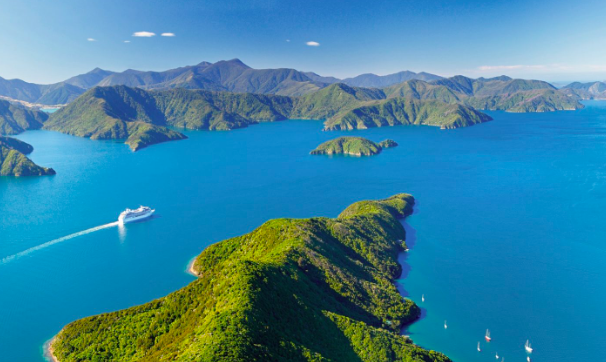Can't see the place you're looking for?
North Island:
South Island:
Thames:
Tairua:

The Slippery Conversation
Posted by —
eatnewzealand
Published —
23.09.2020
Northlanders are connected to the sea, and our childhoods are enriched with memories of digging for pipi with our toes. We celebrate the success of a catch, or a dive that enables us to feed our families. When we feel tired or upset, or we need a break, we seek out the sea by boat, beach or board, to heal our ailments, our minds and our hearts.
We care about her, and we care for her in many ways. New Zealand’s ocean is owned by us – the people. Therefore, we receive the benefits while also accepting personal responsibility for her health. But it’s a slippery issue. Hidden underwater, our marine resources are not easy to study or understand.
The fishing industry is entrenched in challenges and there are some big fish in our small pond, so to speak. The global movement “Slow Fish” introduces the question: how can we purchase seafood while being personally responsible for the sustainability of our ocean?
Here are some ideas to encourage thought about the decisions we make as lovers of seafood:
- Only take what you need. Consider whether the fisher was fishing for your order, or to catch as much as they can. If you are diving for your own catch, remember that quota is not a goal.
- Celebrate the unique. Brad Leggott from Fish to Fish in Whangārei says, “When you are buying fish, don’t have your blinkers on. Consumers often purchase only Snapper, Tarakihi or Gurnard.” By purchasing a unique species during the season when their fish stocks are the least vulnerable, we can give other species an opportunity to replenish their fish-stock numbers, which is especially important during their spawning or vulnerable seasons. “Try something new – fresh fish tastes good, it doesn’t matter what it is.,” says Leggott
- “Know your fisher”. Take the steps to understand their industry and the steps they are taking to keep it sustainable. Connect with your local fisher and place your order directly with them.
- Be brave enough to ask where the fish is sourced when you dine out. Many Northland restaurants are proud to share their connection to their fisher and really pleased to be asked about it.
Our fishers are not in it for the money, the relaxed working hours, or the less physically demanding role. They, like us, want to protect our ocean. Now is a great time to help them do this by showing a positive, genuine interest in their story. Our Northland fishers are the closest connection we have to our ocean. Supporting them is a no-brainer.
Words by Kaitaki Collective member Megan Hart - Beef Farmer & Communications for Northland Inc @megvhart

